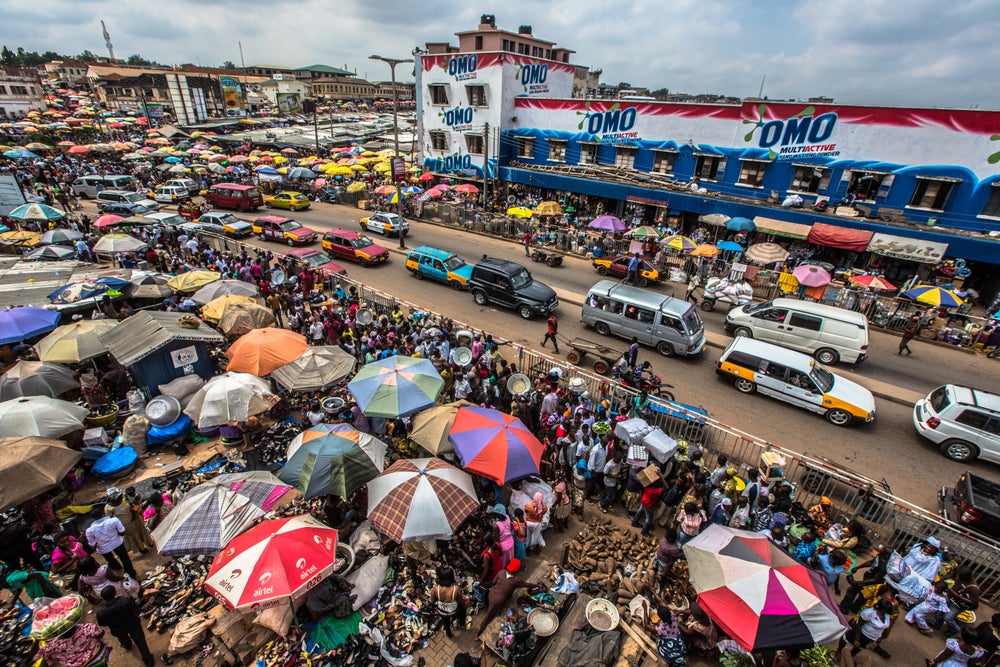Ghana’s inflation rate has risen to the highest level in more than 18 years in April. Inflation for the month rose to 23.6% from 19.4% in March.
Government Statistician Professor Samuel Kobina Annim told journalists in Accra that the rate is the highest since January 2004.
Food-price growth surged to 26.6% year-on-year from 22.4% in March and non-food inflation accelerated to 21.3% in April from 17% the previous month. Prices jumped 5.8% in the month.
“Headline inflation, stoked by higher costs of imported goods such as cooking oil and gasoline due to the war in Ukraine and Indonesia’s ban on palm oil exports, is now more than twice the top of the central bank’s target band of 6% to 10% and has been above the range for eight months. For the first time in 29 months imported items surpassed locally produced items,” Annim said.
Prices for 295 of the 307 items analysed by the statistics service rose in April. Prices for imported items accelerated faster than locally produced items for the first time in 29 months, except in the case of locally produced food.
Transport costs, which include fuel prices, saw the largest increases, up to 33.5% from 17.4% in March. Diesel costs alone were up 90.9%.
“We were all expecting the diesel increases, and these are imported items.But we need to look at it from the food and non-food perspective if we want policy to get a hold of the challenges we are having,” Anim added.
Food prices were up 26.6% from the previous month and nearly double the category’s 12-month average of 13.5%. Cereal prices were among the greatest contributors, continuing a trend that began with Russia’s invasion of Ukraine in February.
Razia Khan, Standard Chartered Bank’s chief economist for Africa and the Middle East, said the spike was “shocking” and may pressure the central bank to further tighten interest rates.
“Failure to act soon could have far reaching implications, putting at risk any hopes for quick macroeconomic stabilisation,” she said.
Ghana’s central bank raised its main lending rate by a record 250 basis points in March, fearing that runaway inflation, compounded by a depreciating local currency and mounting national debt, could ignite a full-blown economic crisis.
Ghana’s economy in crisis as citizens agitate over high cost of living
Source: Africafeeds.com


